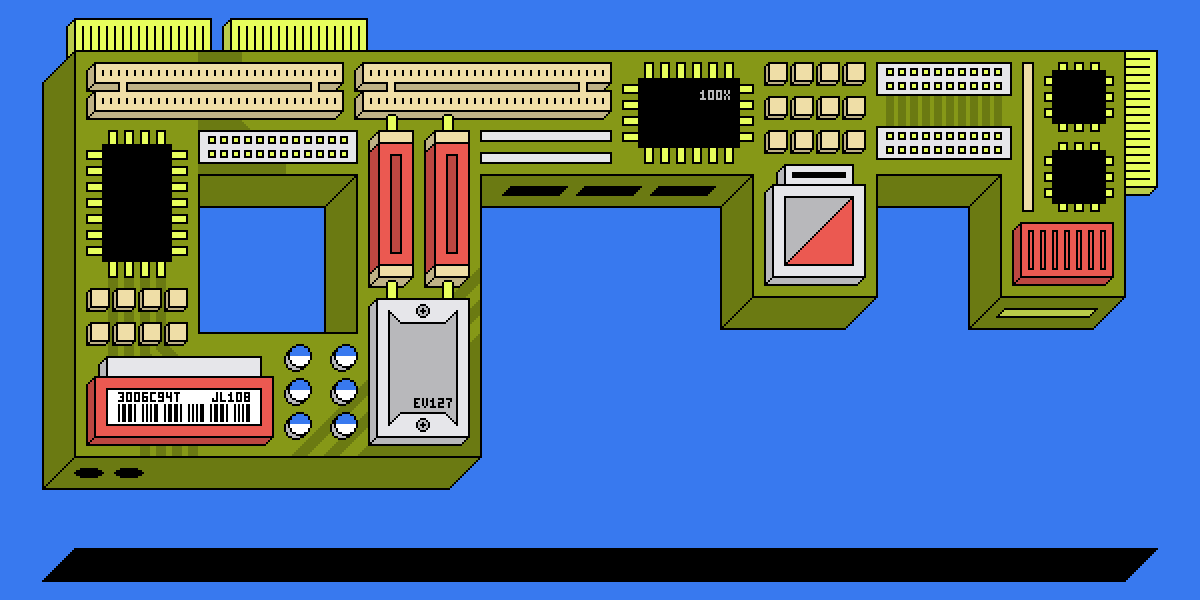
Chip companies such as Intel and Arm have long kept their blueprints proprietary. Customers would buy off-the-shelf chips, which may have had capabilities irrelevant to their product, or pay more for a custom design. Since RISC-V is an open standard, anyone can use it to design a chip, free of charge.
RISC-V specifies design norms for a computer chip’s instruction set. The instruction set describes the basic operations that a chip can do to change the values its transistors represent—for example, how to add two numbers. RISC-V’s simplest design has just 47 instructions. But RISC-V also offers other design norms for companies seeking chips with more complex capabilities.
About 3,100 members worldwide, including companies and academic institutions, are now collaborating via the nonprofit RISC-V International to establish and develop these norms. In February 2022, Intel announced a $1 billion fund that will, in part, support companies building RISC-V chips.
RISC-V chips have already begun to pop up in earbuds, hard drives, and AI processors, with 10 billion cores already shipped. Companies are also working on RISC-V designs for data centers and spacecraft. In a few years, RISC-V proponents predict, the chips will be everywhere.
